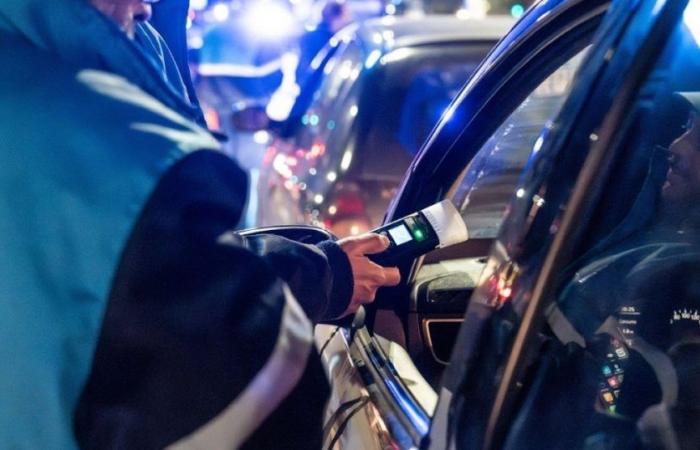
Santa Fe is one of the five Argentine provinces that did not adhere to the national zero alcohol driving law, which has been in force for more than a year, and in the Legislature the debate is being renewed these days, not without strong controversies on the implementation of a system that presents doubts about the effectiveness of the devices used.
This was stated in El Tres by the former director of the Provincial Road Safety Agency (APSV), Osvaldo Aymowho was already opposed to said regulations when he was in that position, despite a (failed) attempt by Omar Perotti’s government to install it since sIt is only governed by ordinance in a few cities, including Rosario.
Faced with a new advance of the current Santa Fe management, the former official maintains that zero tolerance “makes no sense”mainly because its instrumentation cannot be guaranteed since Breathalyzers are not infallible.
“The devices cannot give zero, It is an error and from a legal point of view it is an aberration. A deception,” he expressed from Santa Fe, in dialogue with the correspondent journalist Ivana Fux.
And he argued: “In countries that penalize drivers – for the presence of alcohol in the blood –, such as the United States or England, which do not have zero tolerance but 0.8, Justice says that The State does not have an apparatus that is indubitable so as not to overwhelm rights. If there was an indubitable device, then yes.”
On that argumentative level, Aymo explained that “the degree of error, According to what Inti says (by the National Institute of Industrial Technology), it is 0.05” but “ with some factors such as sanitizing alcoholthe margin of error in the measurement reached 0.3″.
He recalled that as head of the APSV he personally initiated a file following the case of a tested motorist by Agency staff last year in Soldini, to whom a first measurement gave gave it 0.91“that is, almost one gram of alcohol per liter of blood.”
“This person said: ‘Gentlemen, I didn’t drink, I haven’t been drinking for four years, there has to be a counter-proof.’ Twenty-five minutes later we did it with the same breathalyzer and gave him zero. “No one could explain to me what had happened,” said a former specialist in road management and safety.
That is why he recalled that “every driver who is in a jurisdiction with (the rule of) zero alcohol has right to demand certificates approval of the device given by Inti and also the last calibration, which must be every six months as the law says.
Furthermore, the former provincial official noted that “the pipette must have a non-return valve” and if the motorist does not agree with the level shown by the test, he has the right to request a countertest. And it went further. “If the doubt still persists, they take me out blood, because the law says ‘alcoholemia’”.
The new bill in Santa Fe
During the last week, the current director of the APSV, Carlos Torres, confirmed, also in El Tres, that the Executive takes as its own the project presented in the Legislature by the provincial deputy Fabián Palo Oliver (Broad Front for Sovereignty) for a alcohol and narcolemia lawwhich the Lower House began discussing in committee days ago.
Said text, the second of its type that is promoted in Santa Fe, proposes that drivers of any motorized vehicle that circulate with any alcohol level above zero or under the influence of drugs is fined with 300 to 1,000 fixed units (from 160 thousand to 525 thousand pesos) and disqualification from driving for between 15 days and two years.
Torres clarified that the idea is “segment” punishment according to severity of the offense (“that 0.2 or 0.3 is not the same as 0.8 or 1”, he exemplified) and that “in cases of very high blood alcohol level”, the driver has to “retake to obtain the license again, in addition to paying“, since “many have money and do not mind paying a fine.”
“That you have to make an effort, study and perform again,” the official stressed, and also mentioned the possibility of adding “a psychophysical test” to the requirements to meet to continue driving, even if your license is valid.
Finally, Oliver’s project also contemplates that people detected with alcohol or narcolemic driving must undergo a test. reflection and behavior review course issued by the Provincial Road Safety Agency.





